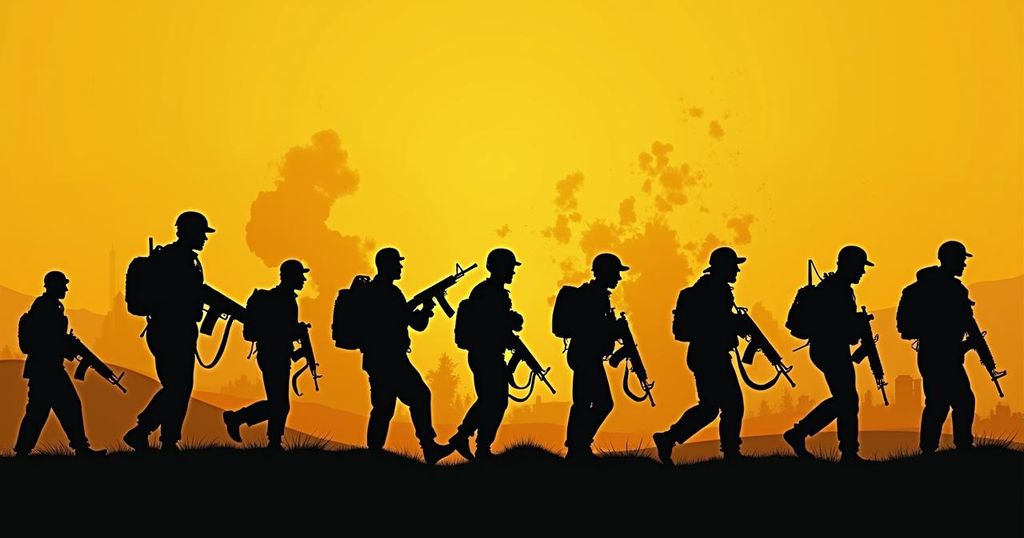Understanding Hezbollah: The Lebanese Militant Group’s Role in the Israel Conflict
Hezbollah, a Lebanese militant group founded in 1982, first aimed to resist Israeli occupation but has since developed into a significant military and political force in the region, backed by Iran. Following increased confrontations with Israel, Hezbollah has expanded its military capabilities and engaged in numerous regional conflicts while facing mounting criticism at home. Its leader, Hassan Nasrallah, has become a central figure, embodying the group’s complex relationship with both Lebanon and Iran.
Hezbollah, founded in 1982 during the Lebanese civil war, emerged primarily to resist Israeli occupation in southern Lebanon, which it successfully ended in 2000. The group, recognized as one of the leading paramilitary forces in the region, is backed by Iran and encompasses a political party with significant representation in the Lebanese government and a vast network providing social services throughout Lebanon. Under the leadership of Hassan Nasrallah, Hezbollah has developed a military presence that rivals that of state armies, forming a cohesive faction within Iran’s Axis of Resistance. Conflict between Hezbollah and Israel escalated after a year of intermittent skirmishes, leading to a heightened military confrontation with each side considering the other a serious threat. Hezbollah’s capabilities have expanded beyond traditional arms to include a substantial arsenal estimated at approximately 150,000 rockets and missiles, as well as newly deployed drones and surface-to-air missiles. Despite past victories, such as the 2006 conflict which ended in a stalemate, Hezbollah continues to grapple with domestic criticisms regarding its military stockpile and political dominance. The group also engages actively in regional conflicts, having played a vital role in supporting President Bashar Assad during the Syrian civil war. Recently, both parties have sustained casualties, including high-profile assassinations by Israel aimed at neutralizing Hezbollah’s leadership. Nasrallah, the group’s leader, remains a polarizing figure in Lebanon, celebrated by some for defending the nation against Israel while simultaneously criticized for his ties to Iran and the subsequent impact on Lebanese sovereignty.
The article primarily centers on Hezbollah, a Lebanese militant group that has been involved in ongoing conflicts with Israel, particularly in the context of its recent escalations. As an organization with military, political, and social capabilities, Hezbollah’s origins trace back to the Lebanese civil war, positioning it as a significant force in Lebanon and the broader Middle East. Its relationship with Iran and involvement in regional conflicts underscore its increasing military capabilities, illustrated by its extensive arsenal and tactical advancements. The dynamic between Hezbollah and Israel is complex, rooted in historical confrontations and current political tensions, and is further influenced by external factors such as U.S. interests in the region.
In conclusion, Hezbollah stands as a formidable entity within Lebanon and the broader Middle Eastern geopolitical landscape, shaped by its military prowess, political influence, and social initiatives. The ongoing confrontations with Israel signify not only a continuation of historical hostilities but also an evolution of Hezbollah’s operational capabilities. Leadership under Hassan Nasrallah highlights the group’s complex duality as both a resistance movement and a controversial actor in Lebanon’s political sphere, prompting ongoing debates regarding national sovereignty and foreign influence.
Original Source: www.pbs.org




Post Comment